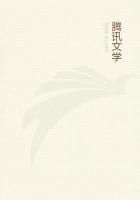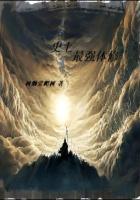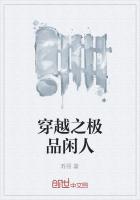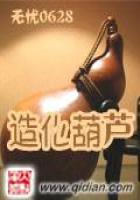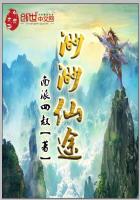One of these examples, that of the sale of poisons, opens a new question; the proper limits of what may be called the functions of police; how far liberty may legitimately be invaded for the prevention of crime, or of accident. It is one of the undisputed functions of government to take precautions against crime before it has been committed, as well as to detect and punish it afterwards. The preventive function of government, however, is far more liable to be abused, to the prejudice of liberty, than the punitory function;- for there is hardly any part of the legitimate freedom of action of a human being which would not admit of being represented, and fairly too, as increasing the facilities for some form or other of delinquency. Nevertheless, if a public authority, or even a private person, sees any one evidently preparing to commit a crime, they are not bound to look on inactive until the crime is committed, but may interfere to prevent it. If poisons were never bought or used for any purpose except the commission of murder it would be right to prohibit their manufacture and sale. They may, however, be wanted not only for innocent but for useful purposes, and restrictions cannot be imposed in the one case without operating in the other. Again, it is a proper office of public authority to guard against accidents.
If either a public officer or any one else saw a person attempting to cross a bridge which had been ascertained to be unsafe, and there were no time to warn him of his danger, they might seize him and turn him back, without any real infringement of his liberty; for liberty consists in doing what one desires, and he does not desire to fall into the river. Nevertheless, when there is not a certainty, but only a danger of mischief, no one but the person himself can judge of the sufficiency of the motive which may prompt him to incur the risk: in this case, therefore (unless he is a child, or delirious, or in some state of excitement or absorption incompatible with the full use of the reflecting faculty), he ought, I conceive, to be only warned of the danger; not forcibly prevented from exposing himself to it. Similar considerations, applied to such a question as the sale of poisons, may enable us to decide which among the possible modes of regulation are or are not contrary to principle.
Such a precaution, for example, as that of labelling the drug with some word expressive of its dangerous character, may be enforced without violation of liberty: the buyer cannot wish not to know that the thing he possesses has poisonous qualities. But to require in all cases the certificate of a medical practitioner would make it sometimes impossible, always expensive, to obtain the article for legitimate uses.
The only mode apparent to me, in which difficulties may be thrown in the way of crime committed through this means, without any infringement worth taking into account upon the liberty of those who desire the poisonous substance for other purposes, consists in providing what, in the apt language of Bentham, is called "preappointed evidence." This provision is familiar to every one in the case of contracts. It is usual and right that the law, when a contract is entered into, should require as the condition of its enforcing performance, that certain formalities should be observed, such as signatures, attestation of witnesses, and the like, in order that in case of subsequent dispute there may be evidence to prove that the contract was really entered into, and that there was nothing in the circumstances to render it legally invalid: the effect being to throw great obstacles in the way of fictitious contracts, or contracts made in circumstances which, if known, would destroy their validity.
Precautions of a similar nature might be enforced in the sale of articles adapted to be instruments of crime. The seller, for example, might be required to enter in a register the exact time of the transaction, the name and address of the buyer, the precise quality and quantity sold; to ask the purpose for which it was wanted, and record the answer he received. When there was no medical prescription, the presence of some third person might be required, to bring home the fact to the purchaser, in case there should afterwards be reason to believe that the article had been applied to criminal purposes. Such regulations would in general be no material impediment to obtaining the article, but a very considerable one to making an improper use of it without detection.
The right inherent in society, to ward off crimes against itself by antecedent precautions, suggests the obvious limitations to the maxim, that purely self-regarding misconduct cannot properly be meddled with in the way of prevention or punishment. Drunkenness, for example, in ordinary cases, is not a fit subject for legislative interference; but I should deem it perfectly legitimate that a person, who had once been convicted of any act of violence to others under the influence of drink, should be placed under a special legal restriction, personal to himself; that if he were afterwards found drunk, he should be liable to a penalty, and that if when in that state he committed another offence, the punishment to which he would be liable for that other offence should be increased in severity.
The making himself drunk, in a person whom drunkenness excites to do harm to others, is a crime against others. So, again, idleness, except in a person receiving support from the public, or except when it constitutes a breach of contract, cannot without tyranny be made a subject of legal punishment; but if, either from idleness or from any other avoidable cause, a man fails to perform his legal duties to others, as for instance to support his children, it is no tyranny to force him to fulfil that obligation, by compulsory labour, if no other means are available.

